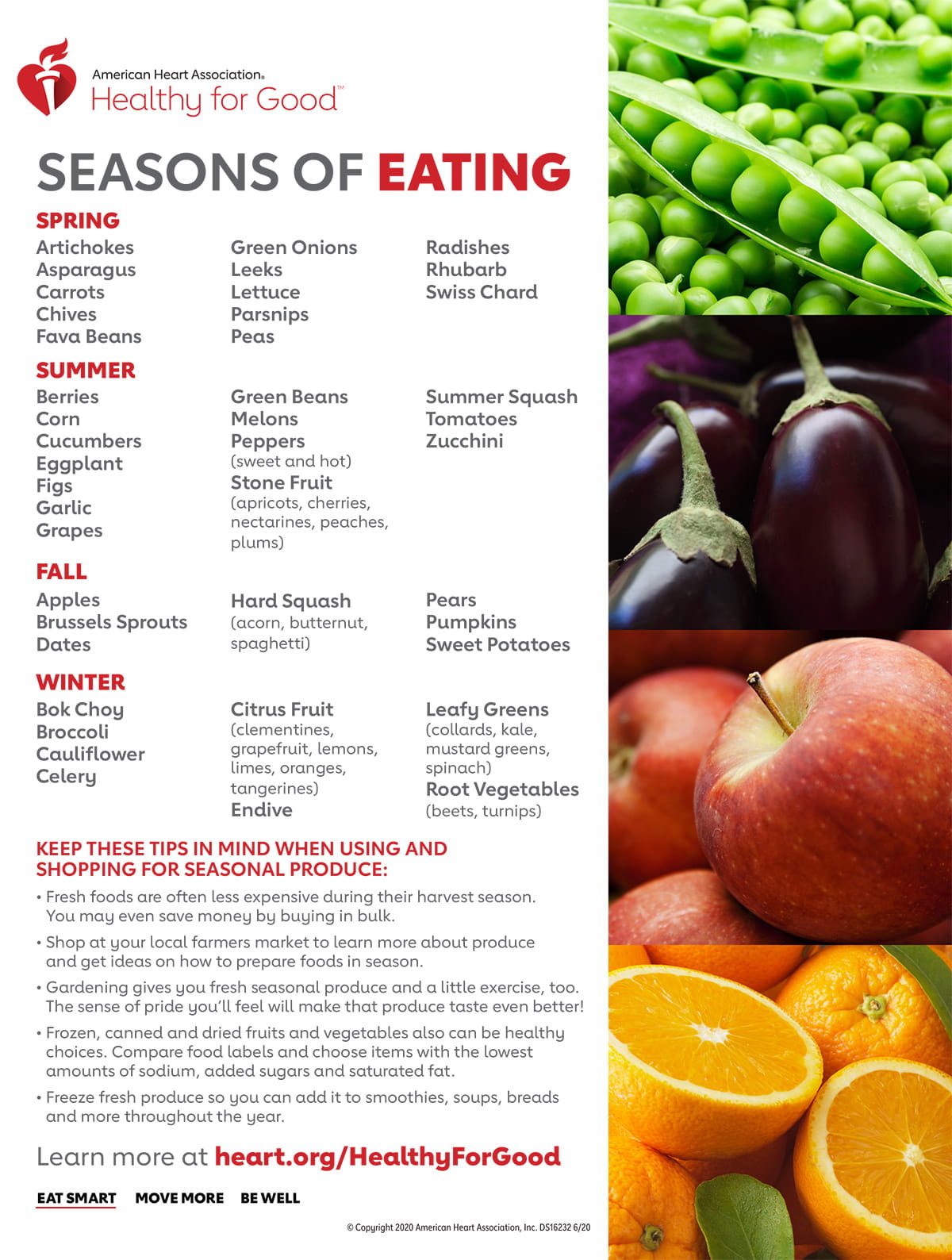Storing seasonal vegetables properly is essential to maintain their freshness, flavor, and nutritional value for an extended period. Whether you harvest from your garden, frequent farmers’ markets, or subscribe to a CSA (Community Supported Agriculture) scheme, knowing the best storage practices can help prevent spoilage and ensure that you can enjoy your favorite seasonal produce throughout the year.
Understanding Seasonal Vegetables
Seasonal vegetables refer to produce that is harvested at a specific time of the year when they are at their peak in terms of flavor and nutritional content. Knowing the seasonal availability of different vegetables in your region can help you plan for storage and consumption accordingly.

Credit: discover.texasrealfood.com
Proper Storage Techniques
When it comes to storing seasonal vegetables, proper techniques can make a significant difference in preserving their quality. Here are some key methods to help you store seasonal vegetables effectively:
1. Refrigeration
Many seasonal vegetables benefit from refrigeration to maintain freshness. Properly storing vegetables in the refrigerator can help slow down the degradation process, preserving their texture and taste. Leafy greens, cucumbers, bell peppers, and other delicate vegetables should be refrigerated to retain their crispness and nutrients.
2. Root Cellar Storage
Root cellars are ideal for storing root vegetables such as potatoes, carrots, beets, and onions. These cool, dark, and humid environments provide optimal conditions for extending the shelf life of root vegetables. If you don’t have a root cellar, you can simulate similar conditions in a basement or by using a cool, dark corner in your home.
3. Freezing
Freezing seasonal vegetables is an excellent way to preserve their freshness for an extended period. Blanching vegetables before freezing helps maintain their color, texture, and nutritional value. Many vegetables, including corn, peas, and green beans, can be blanched and frozen to be enjoyed out of season.
4. Canning And Pickling
Canning and pickling are traditional methods of preserving seasonal vegetables. Using proper canning techniques, you can store vegetables such as tomatoes, cucumbers, and peppers as sauces, relishes, or pickles. Canning and pickling not only extend the shelf life of vegetables but also create delicious condiments to complement your meals.
5. Storage Conditions
Proper storage conditions are crucial for preserving seasonal vegetables. Avoid storing vegetables near fruits that produce ethylene gas, as this can accelerate the ripening and decay of certain vegetables. Additionally, ensuring proper air circulation and humidity levels can help prevent mold and spoilage.
:max_bytes(150000):strip_icc()/the-best-way-to-store-vegetables-to-keep-them-fresh-as-long-as-possible-FT-BLOG0320-2-d92cc1b173504702ba0bf5cdaec82c8a.jpg)
Credit: www.foodandwine.com
Best Vegetables for Storage
Some vegetables are better suited for long-term storage than others. Root vegetables, squash, cabbage, and onions are known for their excellent storage capabilities. When selecting vegetables for storage, consider their inherent qualities and how they respond to different storage methods.
Frequently Asked Questions For How To Store Seasonal Vegetables: Essential Tips For Freshness And Flavor
How Can I Store Seasonal Vegetables?
Storing seasonal vegetables properly is crucial to maintain their freshness and flavor. Follow these tips:
– Keep them in a cool and dry place to prevent spoilage. – Opt for airtight containers or plastic bags to avoid dehydration. – Some vegetables, like carrots and celery, can be stored in a container with water to maintain their crispness. – Leafy greens should be washed, dried, and stored in a breathable container or bag. – Avoid storing fruits and vegetables together, as fruits release ethylene gas which can speed up spoilage.
What Is The Best Way To Store Root Vegetables?
To ensure the longevity of root vegetables, here’s how to store them effectively:
– Remove any excess soil or greens attached to the roots. – Place them in a cool and dark location, such as a cellar, basement, or refrigerator’s crisper drawer. – Store them in a breathable bag or container to allow proper air circulation. – Check regularly for any signs of spoilage or rot, and promptly discard affected vegetables.
How Long Can I Store Seasonal Vegetables?
The shelf life of seasonal vegetables varies depending on the type. Here are some general guidelines:
– Leafy greens: Store for up to 5-7 days in the refrigerator. – Root vegetables: Can last for several weeks, especially when stored in cool and dark conditions. – Brassicas (cabbage, cauliflower, broccoli): Keep for 1-2 weeks in the refrigerator. – Tomatoes: Store at room temperature and consume within a week for best flavor. – Peppers: Can be stored for up to 2 weeks if refrigerated.
Can I Freeze Seasonal Vegetables?
Yes, freezing seasonal vegetables is an excellent option for long-term storage. Follow these steps:
– Wash and peel the vegetables, if required. – Blanch them by briefly boiling in salted water, then plunge into ice water. – Pat dry and transfer to airtight freezer bags or containers. – Label and date the containers for ease of use. – Frozen vegetables can remain good for up to 8-12 months. Be mindful of texture changes upon thawing.
Conclusion
Effectively storing seasonal vegetables is essential for enjoying their freshness and nutritional benefits throughout the year. By utilizing proper storage techniques and selecting the best vegetables for preservation, you can extend the shelf life of seasonal produce and minimize food waste. Whether it’s refrigeration, root cellar storage, freezing, canning, or pickling, each method plays a crucial role in maintaining the quality of your favorite seasonal vegetables.
